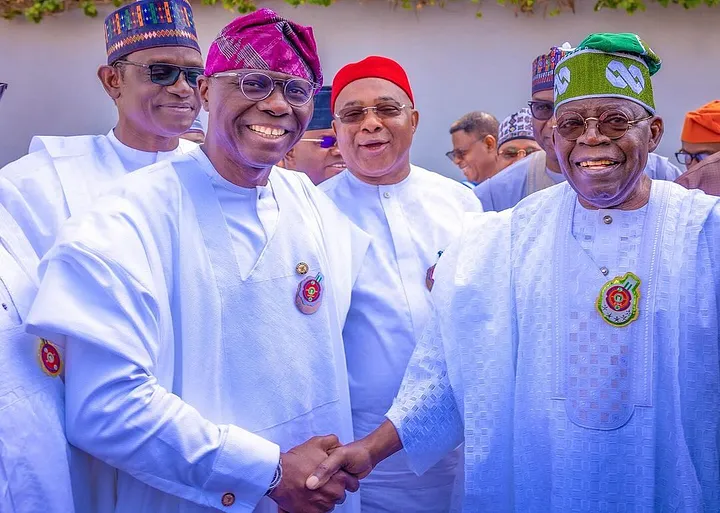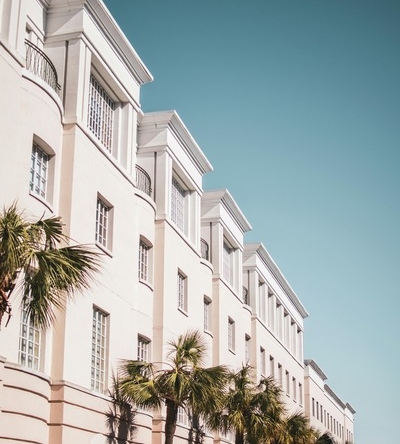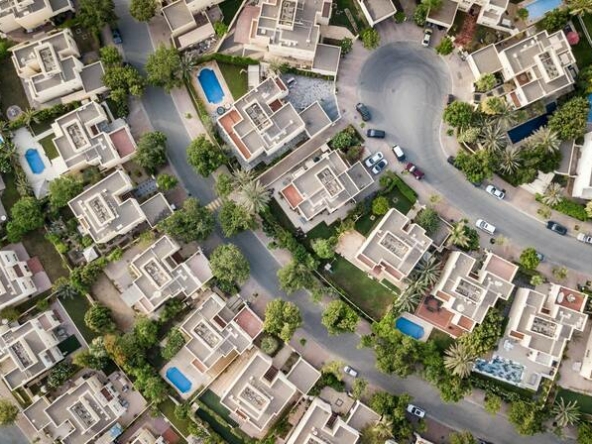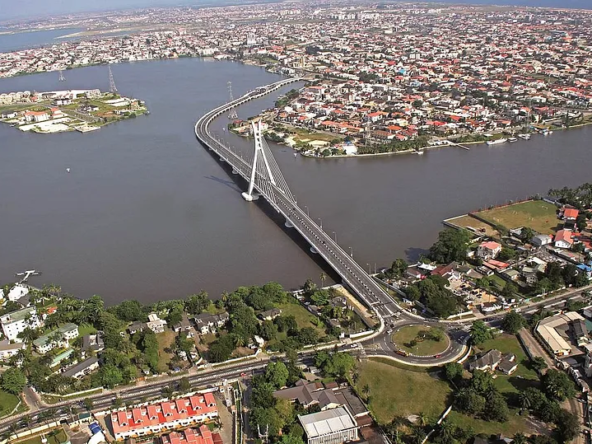The Lagos State House of Assembly Speaker two weeks ago news broke over the statement made by the speaker of Lagos State House of Assembly, Hon. Mudashiru Obasa, in his acceptance speech saying that the parliament will pass new property and business ownership laws in the state.
He said, “There would be laws…in the areas of economy and commerce, property and titles, and we will reverse all that is reversible to protect the interest of the indigenes.”
Understandably this generated a lot of fear among new and old Lagos state real estate investors alike, and believe it or not. A lot of investments were either called off or postponed.
The statement also generated a lot of backlash and was misinterpreted, misquoted and sensationalized by bloggers looking for clicks and site visits. In the blogging business, nothing sells better than fear mongering.
Which is why am writing this to better inform real estate investors in Lagos especially non-indigenes and clearly shine light on the big elephant in the room that is casting such big shadows so we know if truly it is a big elephant to be avoided or a scrawny cat to be thrown out.

Dissecting Lagos state house of assembly speaker statement.
To start, I want you to understand that this thing that is causing so much chaos and noise is a purely political statement made by the Lagos State House of Assembly speaker to curry favour and support no doubt from his constituents. A threat it is, of course, but a very weak one.
Passing a highly controversial law like that is easier said than done, and I have been doing my researches and as at today being the 21st day of June, 2023, that am writing this, there is no bill in the parliament seeking to reverse the property titles of non-indigenes in Lagos.
Before any bill can become a law there has to be an official presentation and first reading, followed by a long process am not willing to go into details of here. The process has not even been started, not to talk about its progress.
This long process is in place to stop this exact kind of scenario where a politician comes up with something controversial like this and tries to make it a law. So a bill to reverse or revoke property titles based strictly on ethnic lines won’t go far
Besides this, section 42 of the 1999 Constitution guarantees every citizen freedom from discrimination based on ethnic or religious identity and Lagos state making laws that reverses property ownership strictly based on the fact that you are not Yoruba or from Lagos is a clear violation of that.
Additionally there are way too many foreign investors in Nigeria real estate market for such controversial and foreign investments averse law to ever be made reversing property titles from non-indigenes.
But let’s play the devil’s advocate here. Let’s say all the points I have raised that pretty much guarantees no such laws will ever be made fails and a law is made in Lagos state reversing and revoking property titles from non-indigenes.
Will you lose your lands? The answer is a big NO! Why?
The answer is pretty much obvious, your name is not on the title of those lands. Let’s say you bought a property from Veritasi, the developers of Itunu City, from Redbrick, the developers of Amen estates, From Makarios, Ace, basically any of these real estate companies.
Your property is safe as a non-indigene because the land title is not in your name, be it C of O, Governor’s Consent, Gazette or any other verified title. Lagos state government can’t reverse the C of O of Amen estate or any estate for that matter because some non-indigenes have lands there.
It is not possible because that would affect the indigenes too.
So the whole noise about reversing and revoking property titles of non-indigenes is so impractical, so against the constitution of Nigeria, so deterrent to attracting foreign investors which is what the economy of Lagos state is built on that it is impossible.
As for you losing your land or property because of such law now or anytime in the future, it is not going to happen.
Don’t let the fear mongering crowd stop you from making your investments. They are safe whether you are a non-indigene or not.




